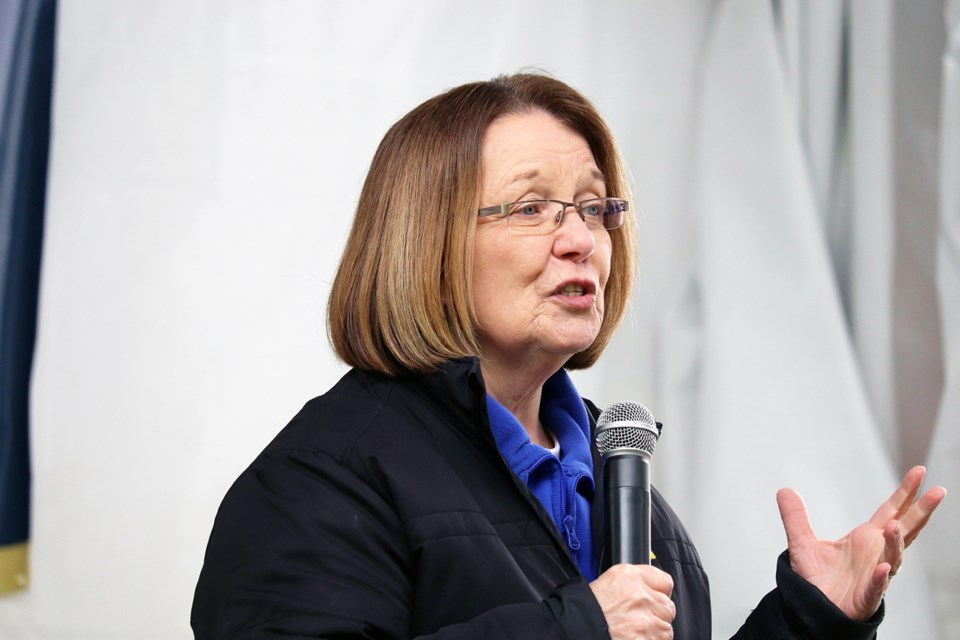For seniors in the north, the COVID-19 pandemic can hit hard.
MLA for Prince George-Valemount, Shirley Bond is hopeful the supports in the province’s emergency novel coronavirus (COVID-19) response plan will have a positive impact on seniors and vulnerable individuals.
Bond is a part of an all-party COVID-19 Seniors Working Group co-chaired by Isobel Mackenzie, B.C.'s seniors advocate, and the ministry.
“People realize now is the time to concentrate on one thing and that is to make sure our residents –the people who elect us – are cared for,” says Bond, in an interview with PrinceGeorgeMatters. “I’ve been really grateful for the very constructive approach that has been taken across all levels of government.”
On Thursday, March 26, the province announced a $50 million to bolster seniors' supports at community service agencies throughout British Columbia and expansion of BC 211. These supports were the result of the working group’s recommendations.
“I was very pleased to be part of that working group and I hope the outcome will make a difference for seniors.”
Bc211 is a province-wide information and referral service, and will now be used to match seniors whose support network has been affected by the COVID-19 outbreak with volunteers.
Bc211 is now available to residents of B.C.'s north and interior, in addition to the rest of B.C., and provides extended hours of service.
"From my perspective, I’m very grateful to see that it is now province-wide including in northern B.C. In many ways, it’s unfortunate that it took a pandemic to get to that place but the good news is that it is now in place.”
This service takes calls from people who would like to volunteer to help seniors in their community with basic needs, including grocery shopping and pharmacy drop-offs and check-ins.
Bond says the 211 service is not about replacing the grassroots volunteer work that’s taken in place during the COVID-19 pandemic, but to fill the gaps.
“We have a COVID volunteer group that was started by grassroots – a young woman who said I want to make a difference – so we see call kinds of efforts being made and it is not at all to undermined or replace those efforts,” says Bond. She says volunteers can register and can get a criminal record check so it offers some security for seniors, and the job of bc211 is to make a match.
“We will continue to monitor the effectiveness and certainly its meant to work right alongside those important volunteer group that have arisen during the COVID crisis.”
Bond says the working group will continue to meet regularly so we can assess what happened and how it’s working on the ground.
“As Isobel Mackenzie, the seniors' advocate says, ‘We need a little bit of patience as we roll theses programs out’. There’s going to be some challenges when you do it as quickly as we did but I am very, very pleased to see the government is taking the care and support for seniors this seriously.”
Bond says one thing we all need to recognize, there are seniors who do not have networks of people to support them and seniors centres that offer lunches and community connections, are closed.
“There are essential things like basic needs, grocery shopping, pharmacy drop off, but also people can just call out and check on each other and I think that really matters as well.”
She also noted how important it is to thank the people work to keep northern B.C. safe – whether it’s first responders or grocery store workers.
“First and foremost we need to be thankful for the people who go to work so we can stay home. I think making the effort to say thank you, to demonstrate gratitude is essential at times like this,” says Bond.
“I am hopeful that the work that’s been done particularly to support vulnerable people and homebound individuals will make a difference and I will continue to pay attention to that and make sure it’s working on the ground. “
You can find out more about bc211 here.



